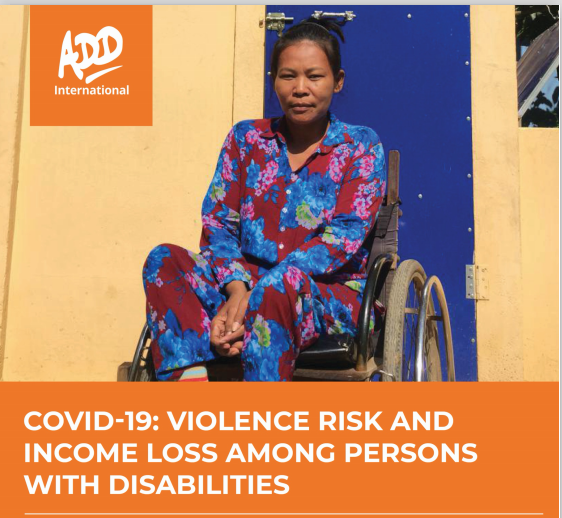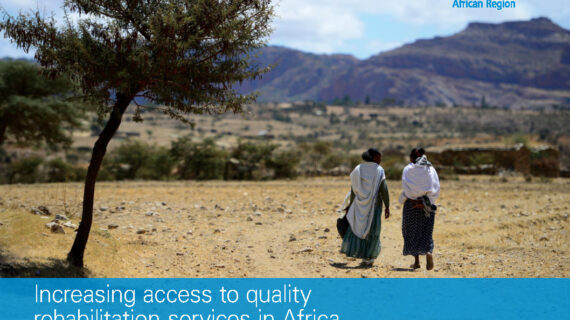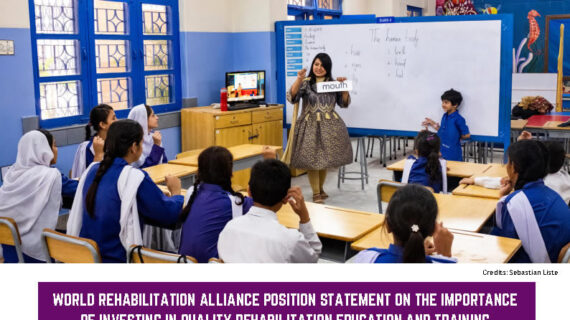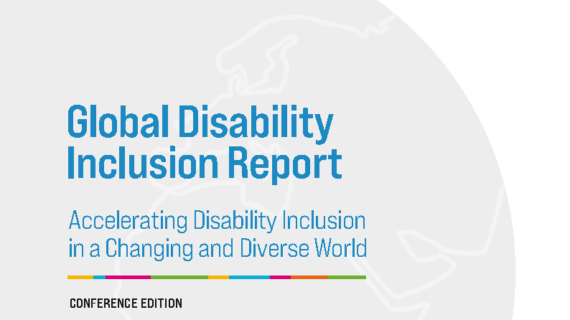COVID-19: Violence risk and income loss among persons with disabilities
This report presents findings from telephone interviews with 87 members from Disabled People’s Organisation (DPO) partners and 10 DPO/Self-Help Group (SHG) leaders from organisations with 1,998 members in 10 districts across 7 provinces of Cambodia, to ask about the impact of the COVID-19 pandemic on persons with disabilities.
Three patterns emerge from these interviews: there is a pattern of compounding vulnerability to violence; a pattern of significant livelihood loss that is felt differently by disability type and gender; and a link between livelihood loss and pronounced increase in economic and psychological violence against women and girls with disabilities.
Evidence from these interviews suggests that, during the COVID-19 pandemic, some women with disabilities are at increased risk of violence and suffering a dramatic loss in household earnings. Reported violence risk increase is mostly psychological and economic, higher among older respondents and most pronounced among those who already experienced medium to high risk of violence before COVID-19.
- 2 in 5 respondents report they are at an increased risk of violence during COVID-19.
40% of respondents (35/87) report that they are at an increased risk of psychological, economic, physical and/or sexual violence since the pandemic began. Seven of the ten interviewed leaders report this increased risk is felt both at home and in the community.
- Most of the respondents reported increased risk of violence is psychological and economic. Psychological and economic violence risk accounts for 77% of the reported risk increase since COVID-19.
- Respondents who were already at risk of violence before the pandemic are now at even greater risk than their peers. Respondents who experienced medium to high risk of violence before COVID-19 report a larger increase in violence risk after COVID-19 than their counterparts who experienced no to low risk before the pandemic. This exacerbating trend is most pronounced among those who experience economic and psychological violence risk.
- Older respondents report greater risk of experiencing violence during COVID-19.
Among participant responses, there was a statistically significant (p<0.1) positive association between age and reported violence risk since COVID-19 began.
- Respondents report losing 52% of their monthly household income since the pandemic began. The reported average monthly household income among respondents before COVID-19 was 182 USD, and since COVID-19, it is 87 USD. This 52% loss is similar to a finding from the same survey among persons with disabilities in Bangladesh, who on average report losing 65% of their monthly earnings since the COVID-19 crisis began.







